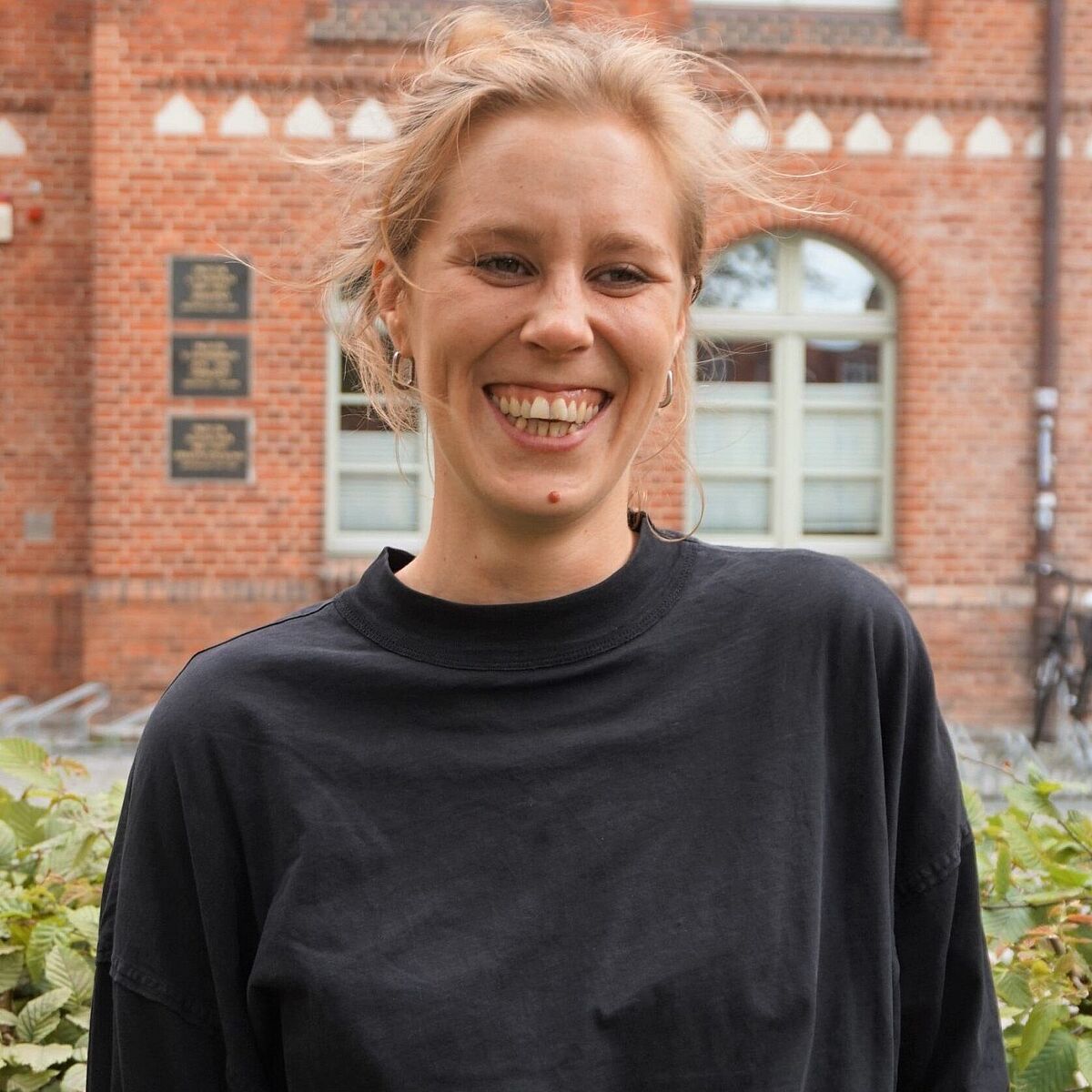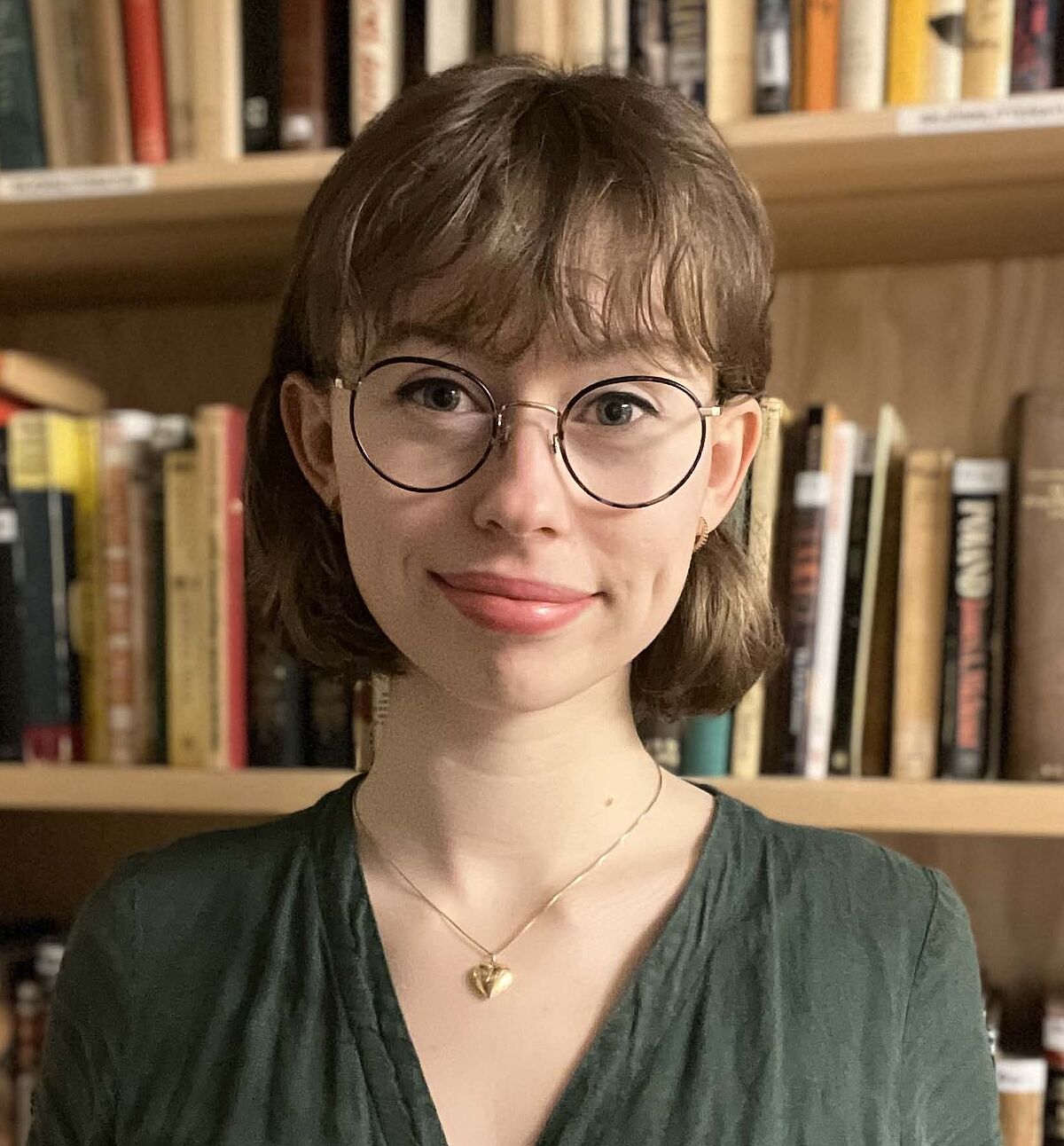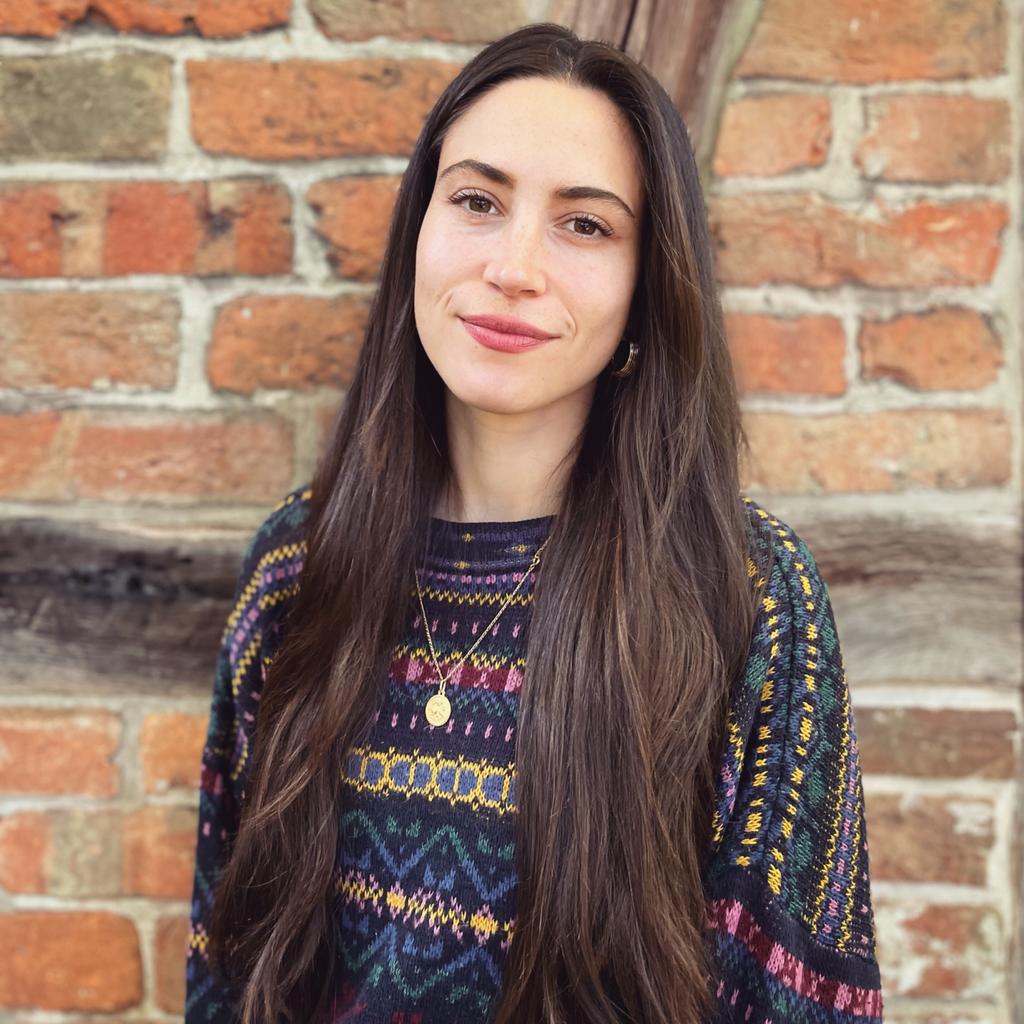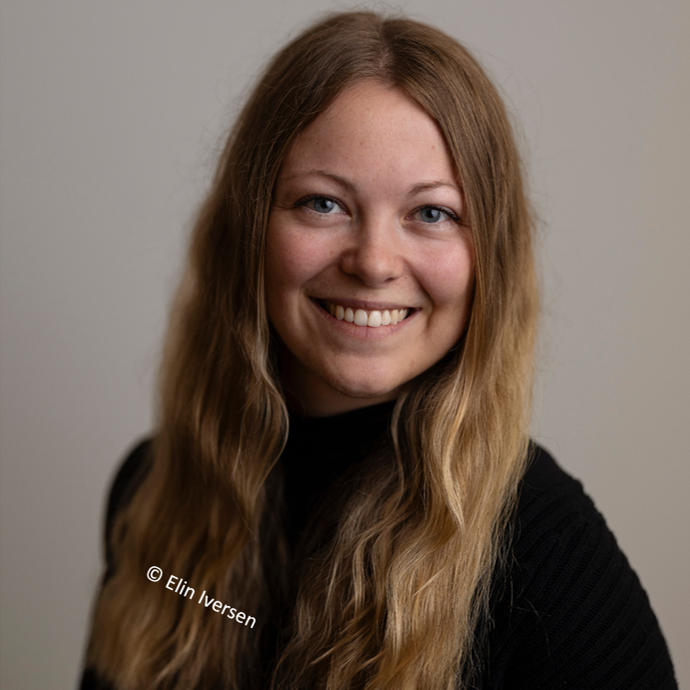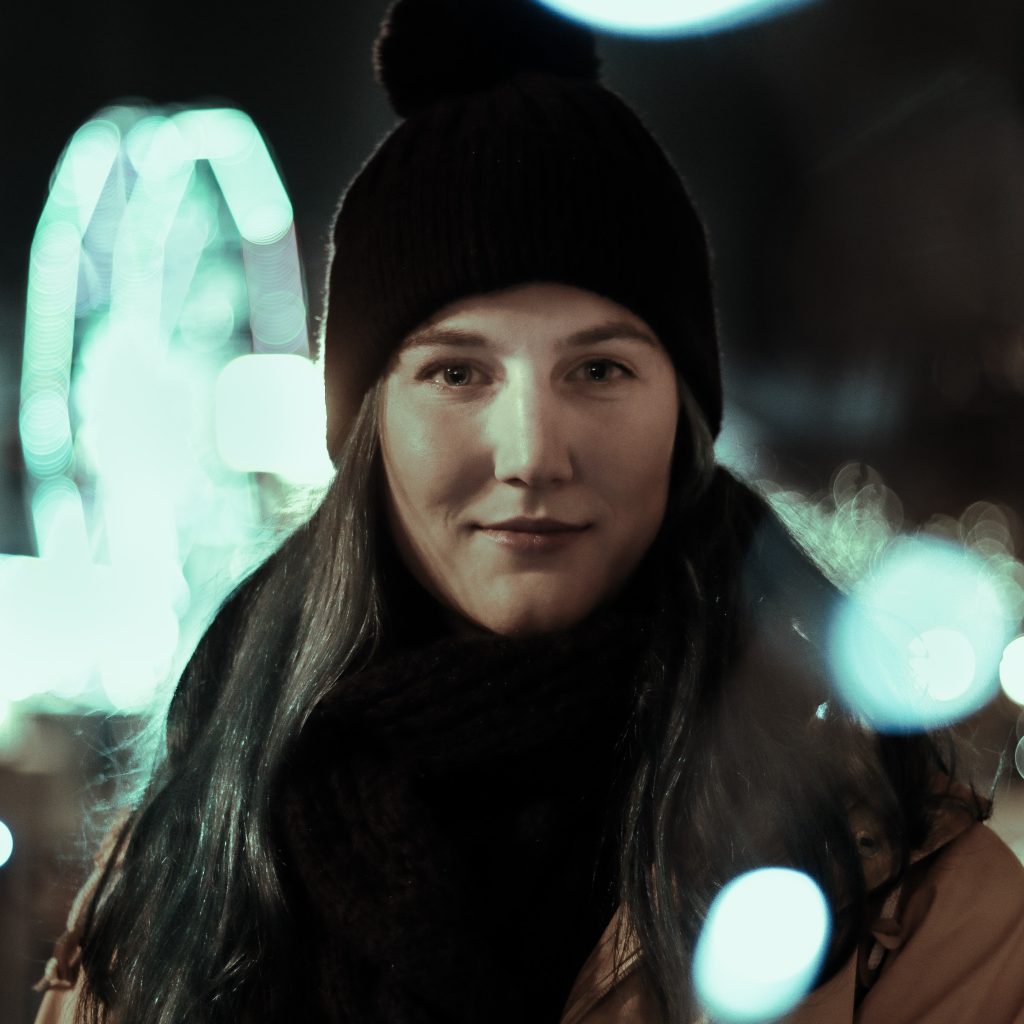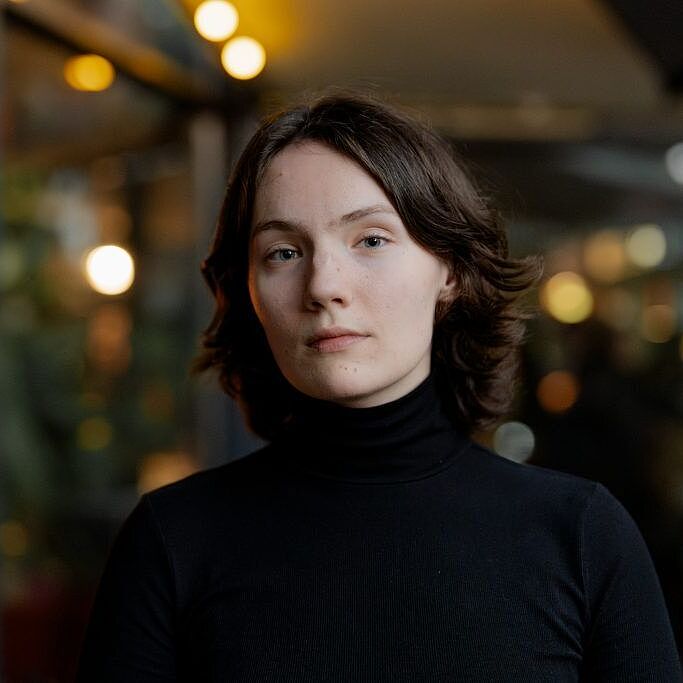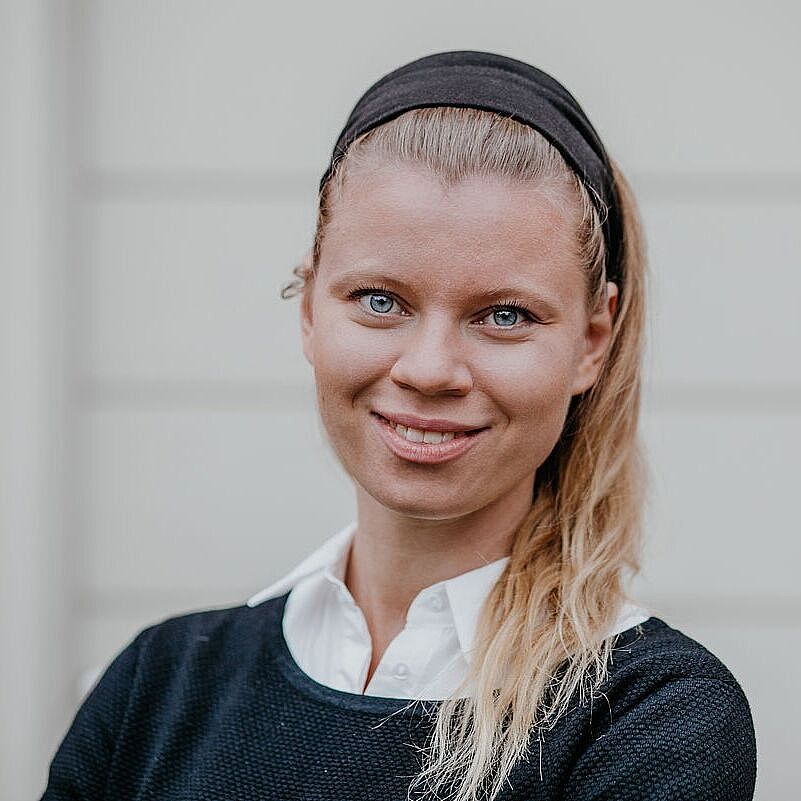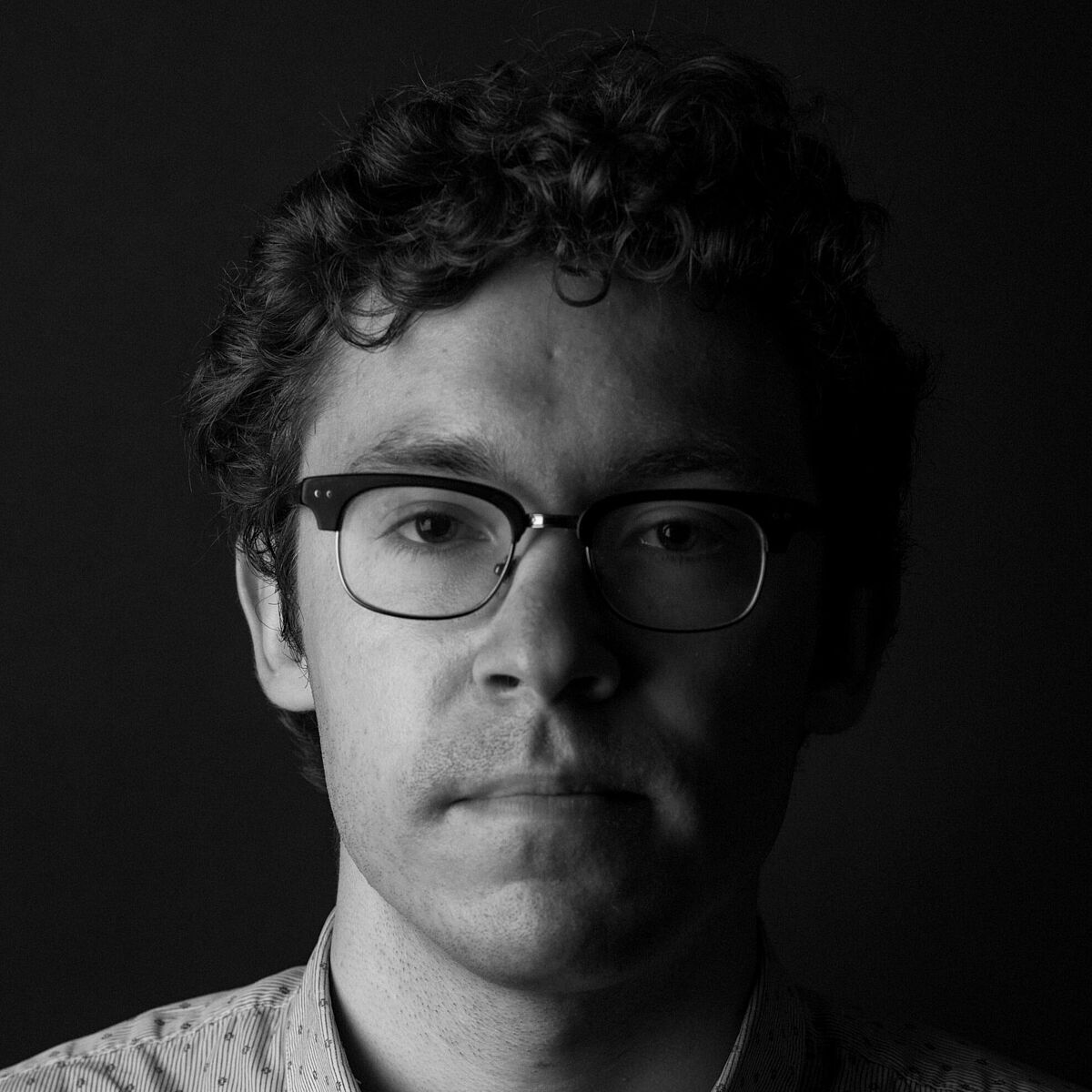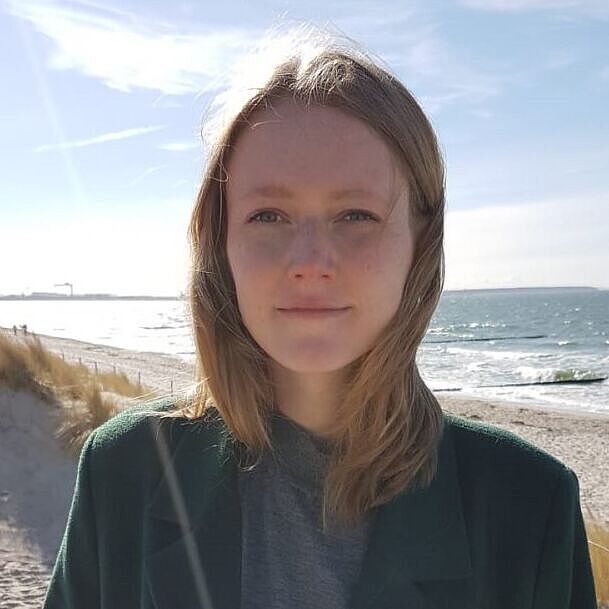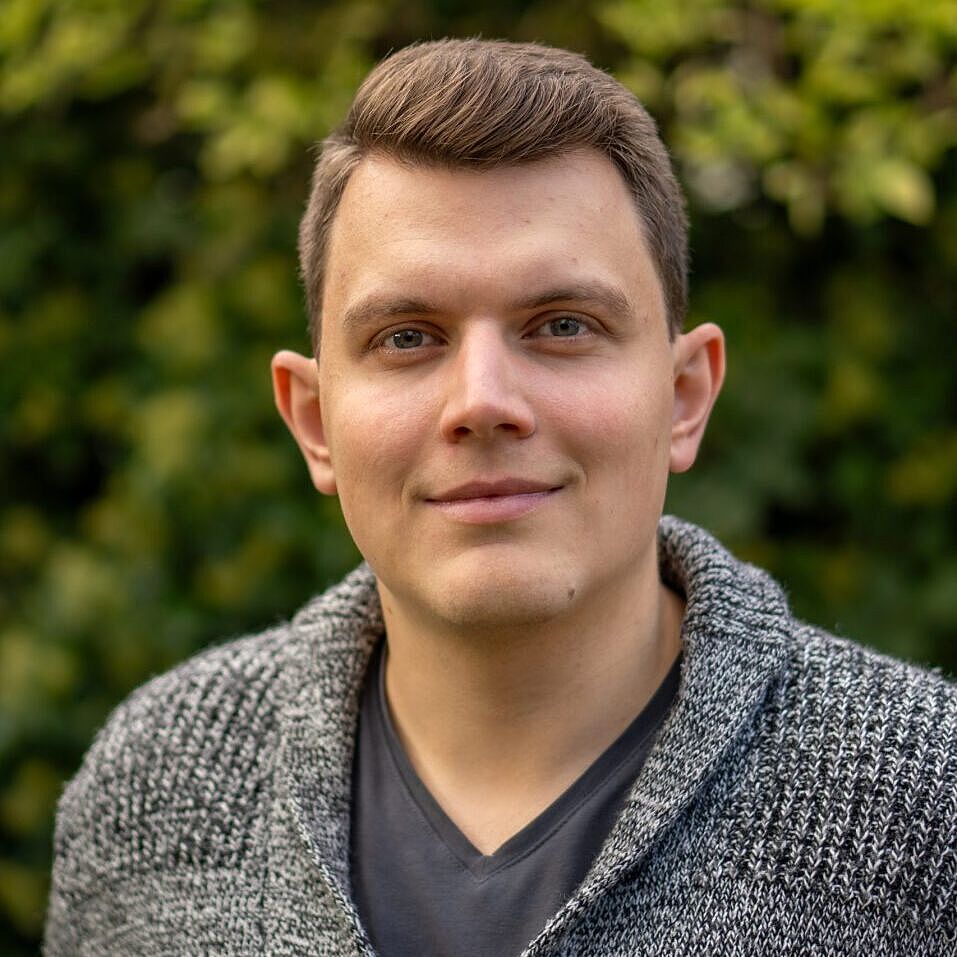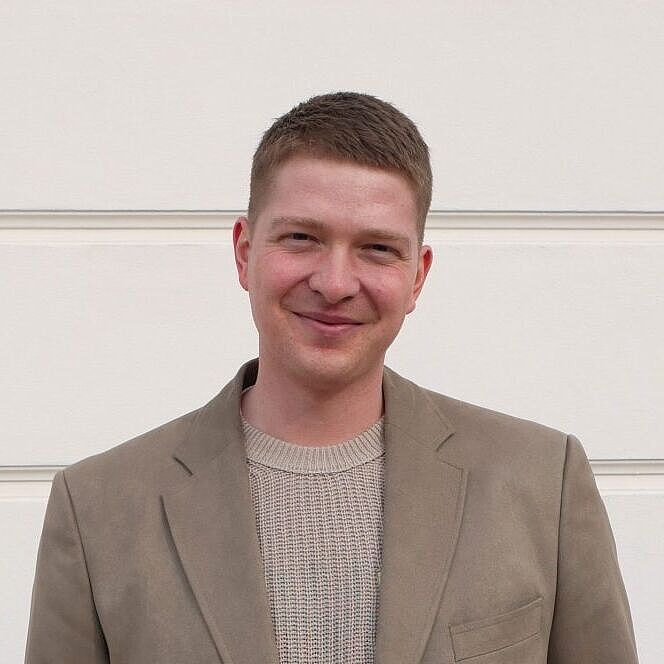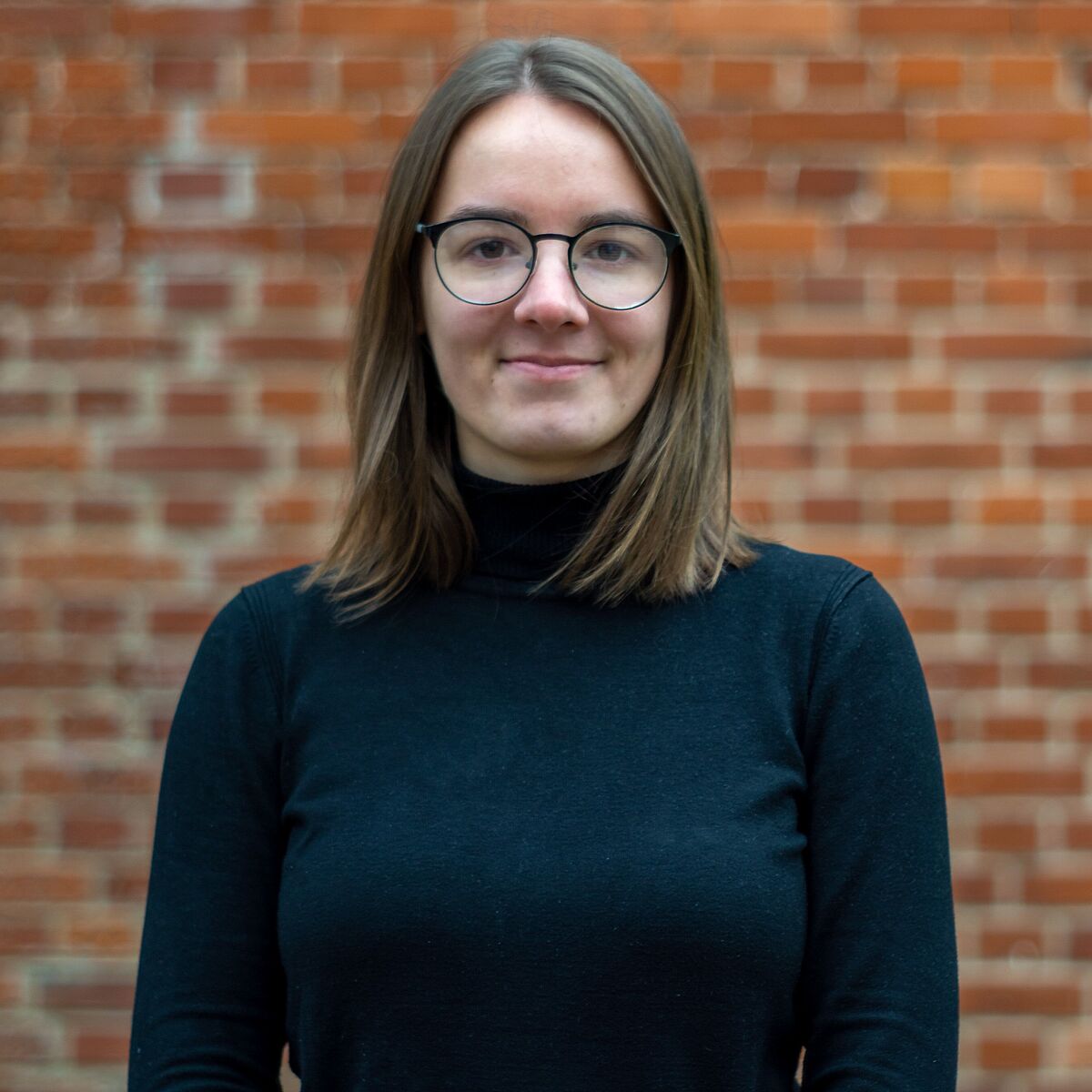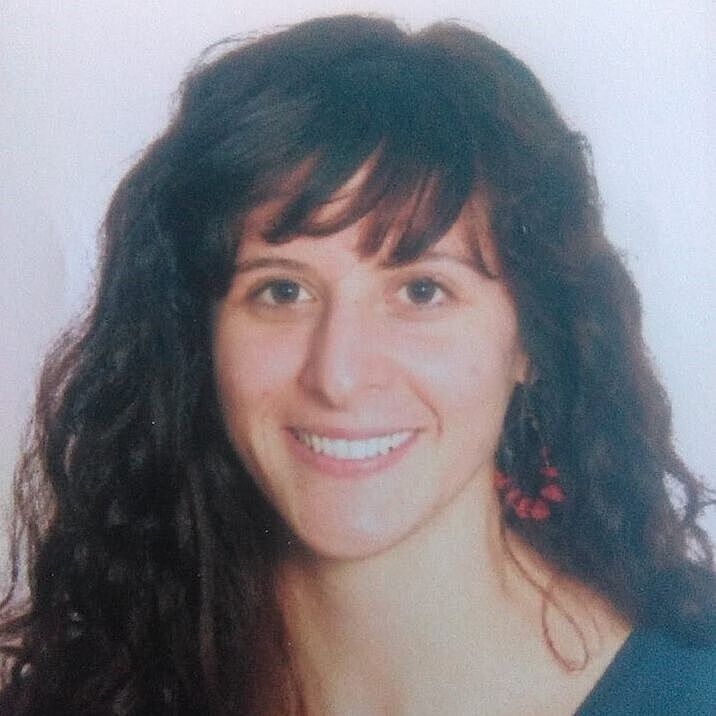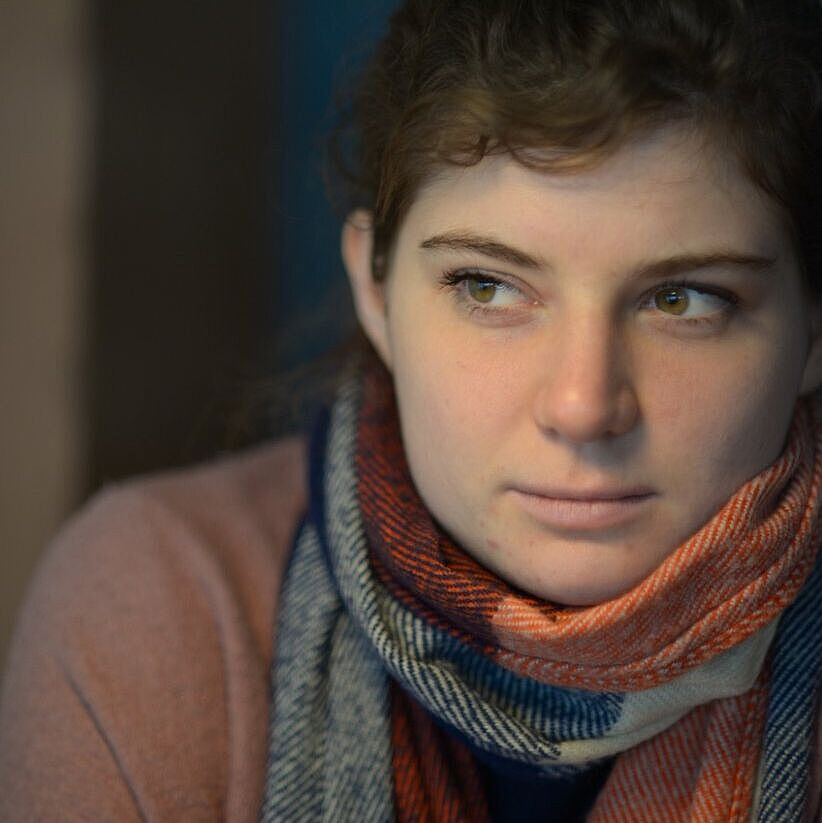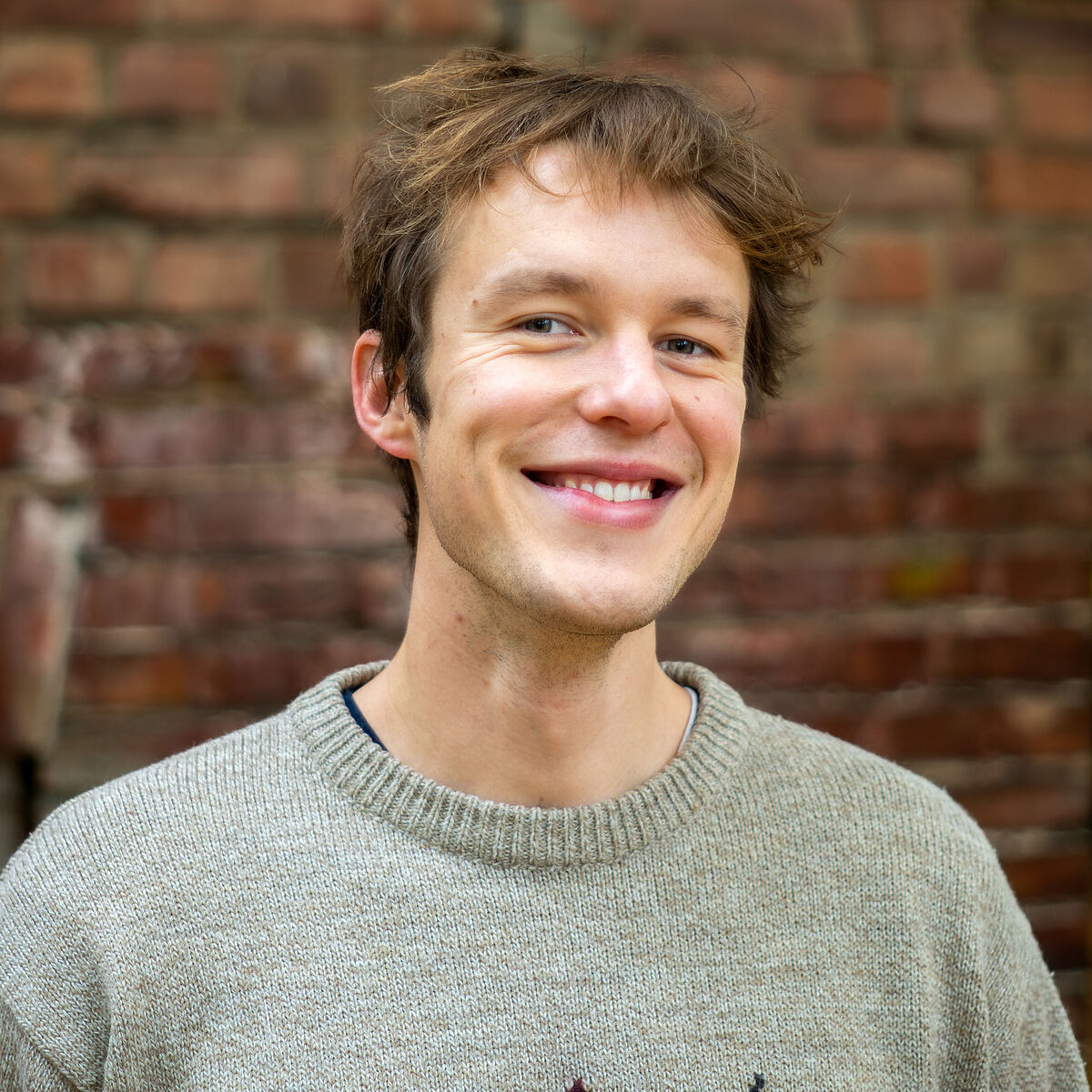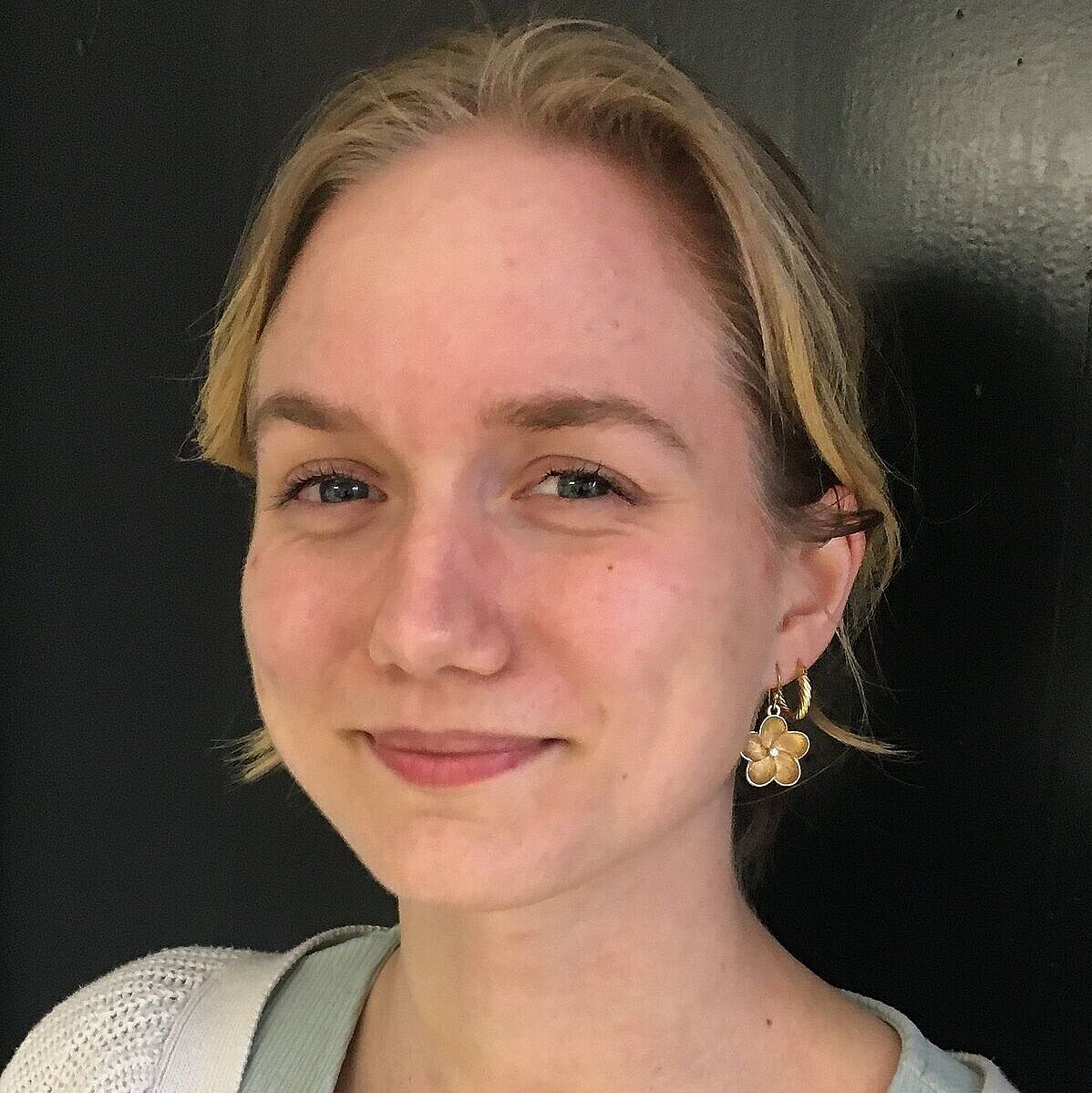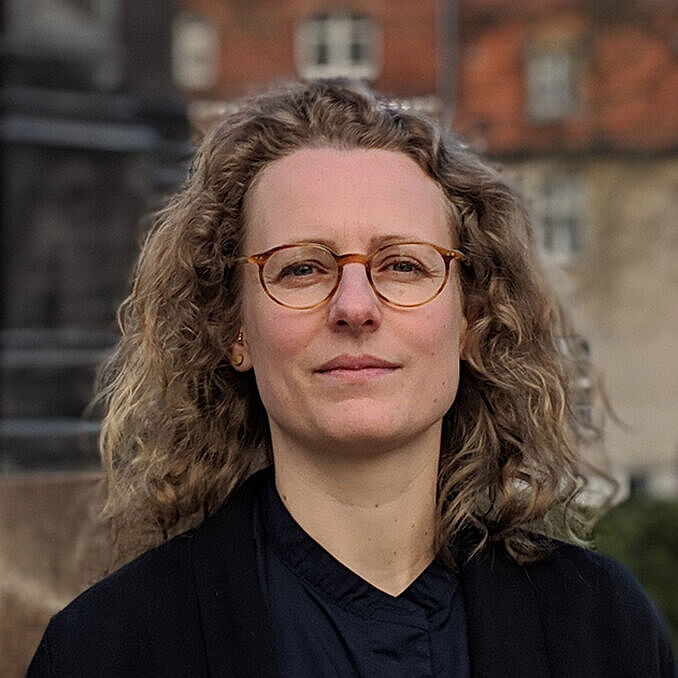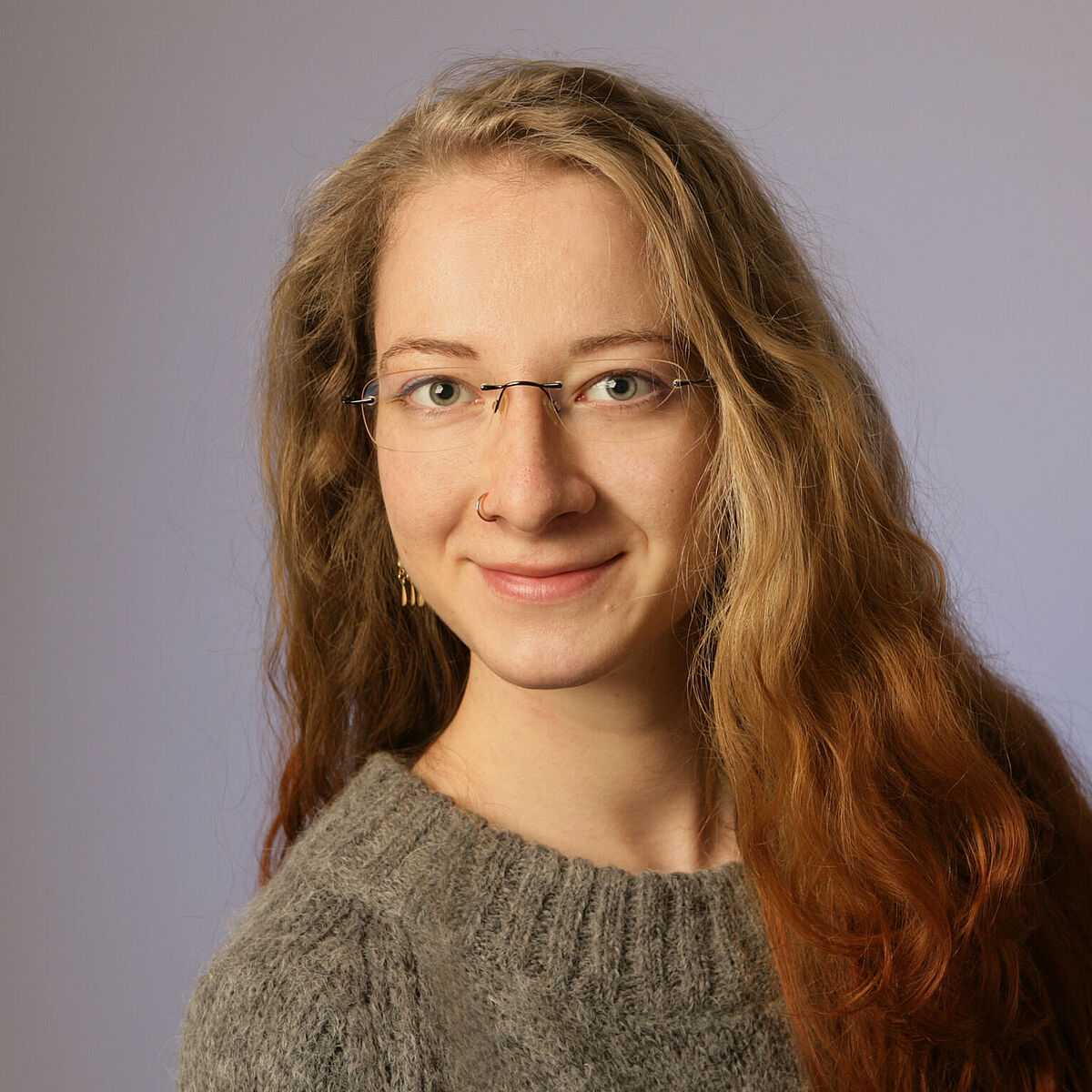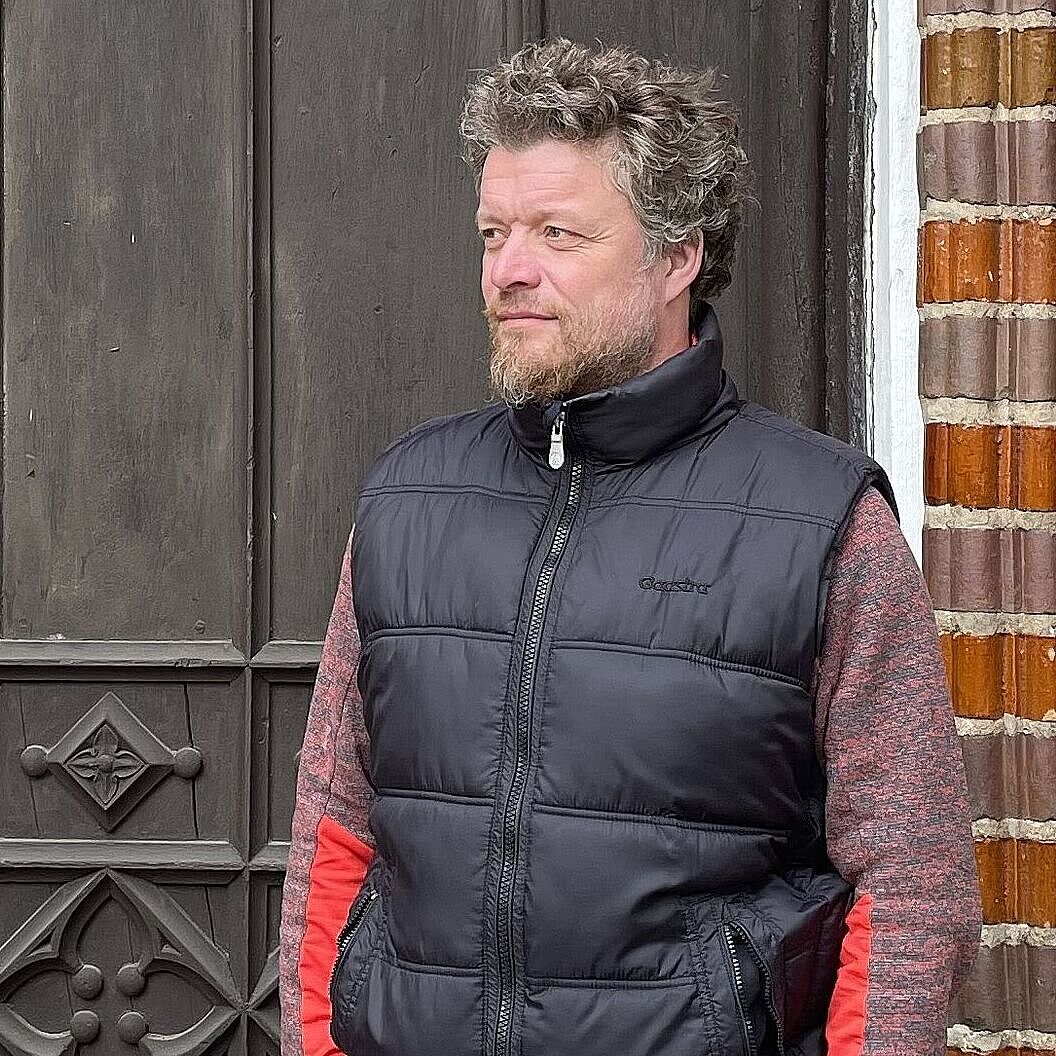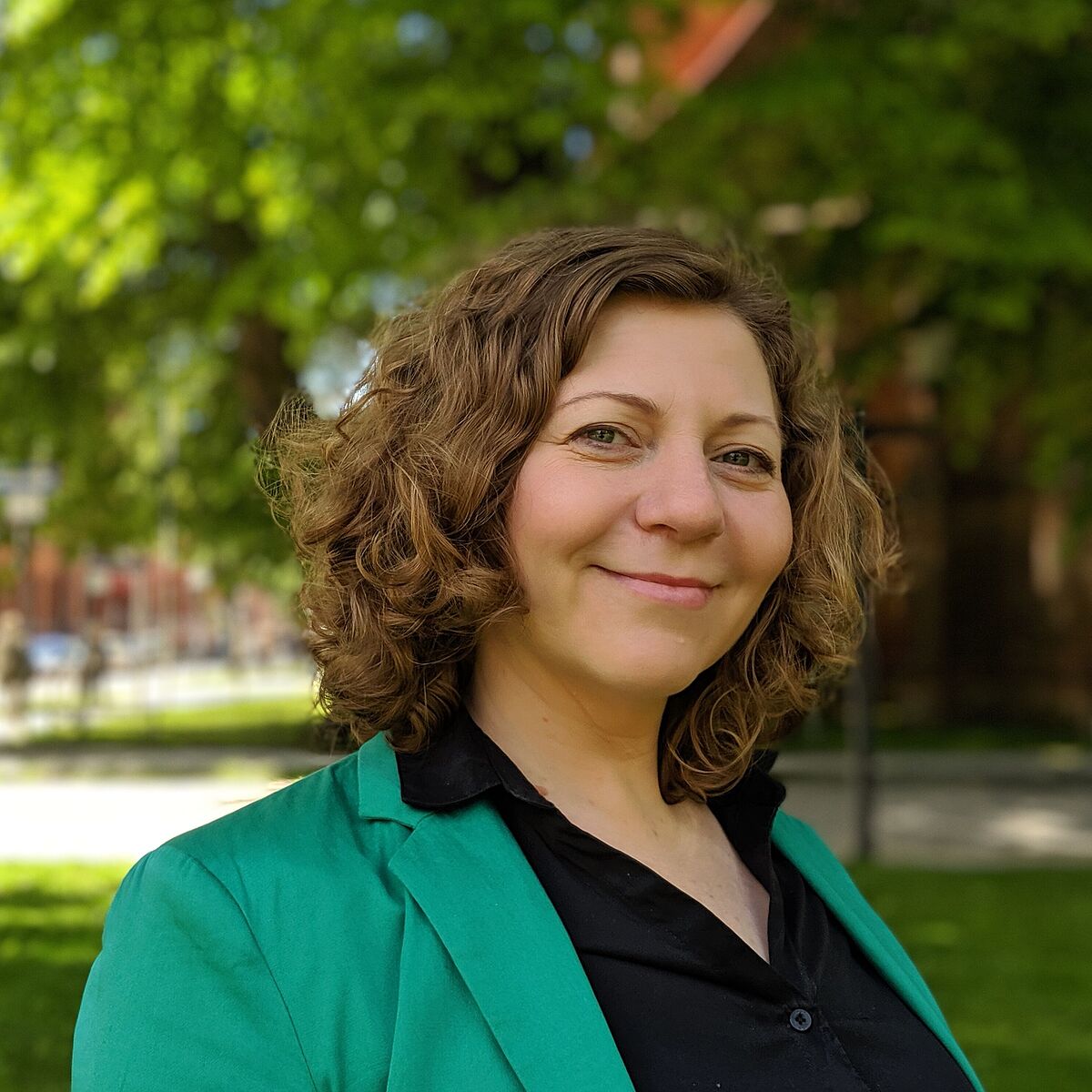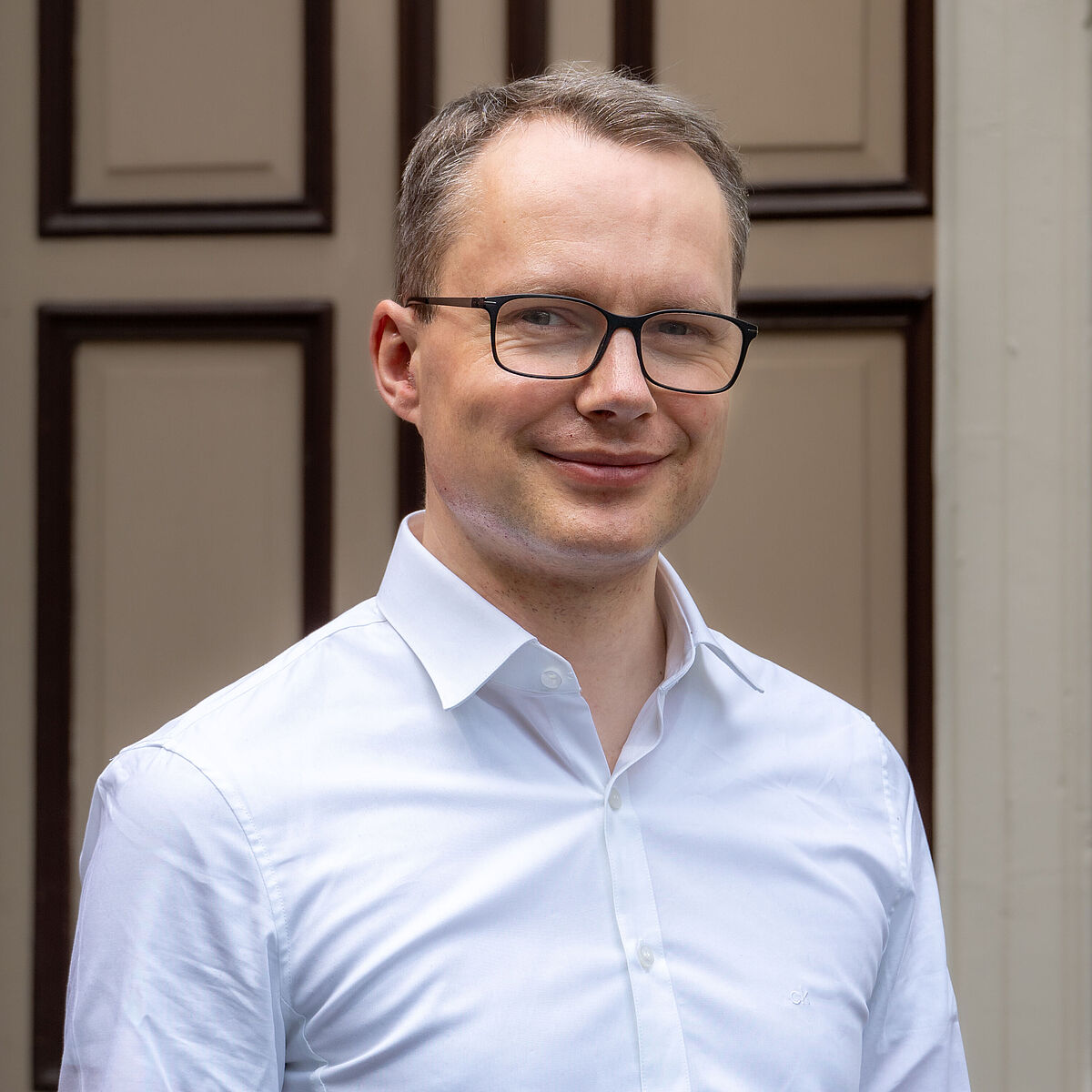Kultur und Erbe

Die Forschung konzentriert sich auf den Erhalt und die Förderung des kulturellen Erbes im Ostseeraum. Ziel ist die Bewahrung und Vermittlung kultureller Werte, um die regionale Identität zu stärken. Kulturerhalt, Tradition und Vielfalt fördern das historische Erbe und den interkulturellen Austausch.
Baltic Peripeties
„Baltic Peripeties. Narratives of Reformations, Revolutions and Catastrophes“ ist ein seit April 2021 von der DFG gefördertes Internationales Graduiertenkolleg an den Universitäten Greifswald, Tartu und Trondheim. Mithilfe des aristotelischen Konzepts der „Peripetie“, dem zentralen Wendepunkt in einer Geschichte, untersucht der interdisziplinäre Verbund aus knapp 40 beteiligten Wissenschaftlerinnen und Wissenschaftlern narrative Konstruktionen von Ereignissen, Umbrüchen und Katastrophen im Ostseeraum.
Narratives of Identity. Generational Differences among the Russian Minority in Estonia
The PhD project examines how generations of the Russian minority in Estonia perceive political narratives from both Russia and Estonia. It explores how socialization, historical experiences, and socioeconomic factors influence these perceptions, focusing on narratives such as “Russophobic West” and the “ethnic divide.”
Russische Minderheit in Estland, Politische Narrative, Generationsunterschiede
Lingua in manibus: viipekeel ja žest keskaegses kloostrikultuuris
[Lingua in manibus: sign language and gesture in medieval monastery culture]
Monastic sign languages were used in medieval Europe, particularly in monasteries following the Benedictine rule, to communicate when speaking was forbidden. These signs, used mainly in refectories and dormitories, can offer insights into medieval international communication and connections between monastic communities.
Gebärdensprachen von Mönchen, Mittelalterliche Kommunikation, Benediktinerklöster
The Coastal Town as a Topos in the Norwegian Novel of the Late 19th Century
This Ph.D. project investigates the literary-geographical significance of the Norwegian coast town in the Modern Breakthrough, focusing on authors like Bjørnson, Ibsen, and Kielland. The project combines quantitative "distant reading" with close readings of Kielland and Jonas Lie, exploring coastal communities’ role in realism and social critique.
Norwegische Literaturgeschichte und Historiographie, Nationalismus, maritime Literaturwissenschaften, Digital Humanities
In Search of Lost Homes: Post-Holocaust Restitution in Norway 1945–1950s
This PhD thesis explores post-Holocaust restitution in Norway, focusing on the human significance of property and the challenges of rebuilding Jewish Norwegians’ lives. Through a database of 2,000+ individuals, I analyze the Norwegian government’s response to genocide and the difficulties survivors faced in restitution.
Digital Humanities, Jüdisch-norwegische Geschichte, quantitative und qualitative Methoden, Wiedergutmachungspolitik (post-Holocaust)
European Memory Conflicts Reflected in the Baltic Sea Region on the Example of “August 23rd”
This doctoral project analyzes the competing narratives surrounding "August 23rd," the European Day of Remembrance for the victims of totalitarian regimes. It investigates how this day, commemorating the Molotov-Ribbentrop Pact, is debated, particularly in the Baltic Sea region, as a symbol of memory conflicts and historical authority.
20. Jahrhundert, DDR-Geschichte, Erinnerungsstudien, Public History, widersprüchliche Erinnerungskulturen
Negotiating a New Take on History. Narrations of the Soviet Past in Lithuanian Museums
This project explores changes in Soviet memory culture in Lithuania, focusing on museum representations of the Soviet past in light of Russia’s war against Ukraine. It analyzes how the war has influenced the re-evaluation of historical remnants, such as statues and plaques, and shifts in museum narratives.
Erinnerungsstudien, Museumswissenschaften, Postkolonialismus, kulturelle Identität, kulturelles Erbe
From Ideology to Politics – German Occupation of Sámi Everyday Life 1940–45
This doctoral project explores the overlooked Sámi war history during World War II, focusing on their portrayal in National Socialist racial ideology and their interactions with German occupying forces. It examines Sámi resistance, collaboration, and the broader impact of the war on Sámi communities in Northern Norway.
Zweiter Weltkrieg, Nordskandinavien, Sámi, Wehrmacht, Ideologien
The Representation of Historical Crimes in the Graphic Novel. A Comparative Study of Perpetrator and Victim Narratives of the “Third Generation”
This dissertation examines how graphic novels by the third generation in postmemory depict the Holocaust and the Gulag. The project explores the narrative voices, historical authenticity, and representation of victims and perpetrators, offering insights into how these events are conveyed through multimodal texts.
Erinnerungsstudien, Graphic Novels, literarische Kriegsdarstellungen, Folgen des Holocaust
Bodies, Violence, Gender Roles: Shifting Expectations of Clerical Behaviour in Medieval Scandinavia
The doctoral project investigates clerical behavior expectations shaped by canon law and ecclesiastical discourse. Despite promotion of certain lifestyles, numerous breaches of canon law are documented. The papacy’s response varied, sometimes tolerating behavior contrary to canon law.
nordische Geschichte des Mittelalters, Gender und Sexualität, Kirchengeschichte, kanonisches Recht, geistliches Leben
Life Writing ByNet: (Auto-)biographical Motives in Digital Dictatorship
This PhD project analyzes life writing on ByNet (Belarusian Internet) as both literary and historical documentation, focusing on the civil movement post-2020 election fraud. It explores the development of Internet auto/biographies, online censorship, and digital subjectivity using web scraping and counter-archiving.
Digital Humanities, Digitale Diktatur(en), Online-Auto/biographien, Slawische Literaturwissenschaft, Slawistik
The Influence of Russia-related Critical Junctures on Its Standing in the Baltic Sea Region
The research examines the relations between the Baltic States and Russia, focusing on how international crises involving Russia affect the security architecture in the Baltic Sea Region. It explores the securitization of Russia in Baltic narratives and the influence of historical memory on these narratives.
Internationale Beziehungen, Konfliktforschung
Paul Kirschstein: Zeit im Fluss. Der Alta-Fall als historischer Wendepunkt
In 1970, Norway proposed a dam and hydropower project in the north, prompting opposition from the Sámi minority. The Alta-saken became a turning point in Sámi history. The study analyzes its narrative, cultural implications, and global parallels regarding water conflicts and cultural interests.
nordische Geschichte und Literatur, Umweltgeschichte
Sich das Land erschreiben: Die DDR als Erinnerungsraum in der deutschen Literatur der 1990er Jahre und des beginnenden 21. Jahrhunderts
This study focuses on novels by female authors born in the GDR in the 1970s (e.g., Antje Rávic Strubel), examining how space and traces of the GDR are depicted. Strubel's layered writing style explores themes of homelessness, desire, sexuality, and identity, all linked to real-life locations and spatial representations.
Raum, Transiträume, Nicht-Orte, Heterotopien, Intertextualität, Gender in Korrelation mit Identität, Sexualität, Macht und Bewegung
A Place with a Powerful Past: Representations of Königsberg’s Memory in Kaliningrad Museums
This PhD project explores how Kaliningrad’s ethnic Russian residents interpret the memory of German Königsberg. Post-WWII, the region was integrated into the Soviet Union, suppressing interest in its German past. Today, this memory is transmitted through urban representations, museum exhibits, and oral stories.
ethnische Identität, Gedächtnispolitik, kollektives Gedächtnis, kulturelles Gedächtnis
On Belonging and Identity in the Post-WWII Baltic Diasporas as Mediated in Fiction and Life Writing
This research explores the role of arts in Baltic exile communities post-WWII, focusing on literary expressions of trauma, displacement, and identity. It examines works that address themes like assimilation, generational conflict, and wartime trauma, highlighting shared experiences across Estonian, Latvian, and Lithuanian narratives.
Baltische Exilliteratur, Diasporaforschung, Komparatistik, Traumaforschung
Health as a Happy Ending? Potentials of a Narratological Interpretation of the Concept of Disease Using the Example of the Conceptions of Disease and Health before and after the Accession of the GDR to the Federal Republic of Germany
This project applies narratological peripety to analyze definitions of disease, linking recent approaches in medical humanities with broader philosophical debates. It examines the evolution of disease definitions in Germany’s philosophy of medicine before and after reunification, exploring sociopolitical influences.
Geschichte der Medizintheorie, Medizinphilosophie, narratologische Konzepte von Gesundheit und Erkrankung
Commemorations over a Lost Home: The Examination of the Traumatic Memories of Expelled Kresy Poles from Lwów to Wrocław in Public Spaces
This PhD dissertation examines the memory of the expulsion of Poles from Kresy (1944-1955), focusing on the forced resettlement from Lwów to Wrocław. It investigates how a narrative of trauma emerged after the fall of the Iron Curtain, using sites of memory like museums and monuments for analysis.
Gedächtis traumatischer Erlebnisse in Mittelosteuropa
Heterogenity of Historical Time in the Contemporary Latvian Novel: A Comparative Perspective
This dissertation examines the experience of time in post-Soviet Latvian fiction, drawing on trauma studies, narrative theory, and contemporary philosophy of history. It explores concepts like melancholia, multitemporal present, and sublime historical experience, analyzing their impact on narrative strategies and the ethical implications of non-linear time.
Erzähltheorie, Geschichte der Philosophie, osteuropäische Literaturen, Traumaforschung
Changing Perceptions of the Baltic Sea Region in the Pandemic Discourse. A Narratological Approach
This PhD project explores the impact of the corona pandemic on public narratives about the Baltic Sea Region. Analyzing German newspaper articles, it investigates how the perception of Sweden and Mecklenburg-Vorpommern has changed during the crisis, combining narratology, discourse, and corpus linguistics.
Diskursanalyse, Erzähltheorie, Krisenerzählungen, Literatur und Raum, Medical Humanities
Moving Pictures – Movements in Pictures. Protest Photography in Germany and Sweden, 1880-1918
This doctoral project analyzes protest-related photographs from 1880-1918 in Germany and Sweden, focusing on labor rights, women’s suffrage, and conservation movements. It explores how these images generated narratives and counter-narratives, complementing or challenging written reports, within the context of technological and socio-political changes.
Fotografie, Proteste, Visual History
Adaptation – Konstruktion – Narration. Untersuchungen zur finnischen Musikfachsprache aus historischer, struktureller und diskurslinguistischer Perspektive
This research investigates the Finnish special language of music from the mid-19th century to the present, focusing on how Finnish linguistic features and German-influenced terminology reflect cultural narratives of Finnish national identity. Using corpus-based qualitative analysis, the study traces the development of music terminology alongside Finland's rise as a "music nation," exploring its role in shaping cultural self-image.
Fennistik, Linguistik, Sondersprachen/-terminologie, sprachwissenschaftliche Kulturanalyse
Time and the Construction of Time in German Literature Dealing with 1989 and the Aftermath
This project explores how time is represented in post-reunification German literature. It examines how narratives reflect the "Wende" and its aftermath, focusing on time references and shifts in temporal construction, marking the period as a transitional phase of change.
Erzählen und Zeitkonstruktion, Erzähltheorie, Post-DDR-Literatur, zeitgenössische deutsche Literatur
From Pariah to Partner? Shifting Narratives about Swedish Right-wing Populists
This dissertation examines how Swedish parties’ references to the right-wing populist party Sverigedemokraterna (SD) have evolved between 2010 and 2024. Focusing on the established parties M and S, it analyzes speeches at the Almedalen event to uncover changes in discourse and the role of mainstream actors in legitimizing populist rhetoric.
Diskursanalyse, Dog-Whistles/Hundepfeifenpolitik, Immigrationspolitik, Islamfeindlichkeit, Rechtsextremismus
Building a Union through Crises: The EU, Crisis-induced Policy Learning and the European Integration Process, 2008-2022
This PhD project explores how the EU responds to crises and learns from them, analyzing the impact on European integration. Using elite interviews and document analysis, it focuses on economic, justice, and health policy, examining how crisis management leads to policy changes and learning processes.
Europäische Integration, Europäische Union, Krisenmanagement, Policy-Learning/Politiklernen
Natural Catastrophe as a Peripety: Change of Narratives and Perception of Historic Storm Floods in the Southwestern Baltic Sea
This PhD project investigates historic storm floods in the Baltic Sea area from 1300-1900, focusing on how these events served as turning points for coastal societies. It examines how the floods were perceived, their evolving narratives, and the long-term shift in human-nature relationships during the "Sattelzeit" period.
Gedächtnisgeschichte, Geschichte des Ostseeraums, historische Katastrophenforschung, kollektives Gedächtnis, Umweltgeschichte
Latvian Folk Ornament and Mythology Nexus as a Revival: Contested Historical Layers, Visualized Ideologies, and Commodified Creativity
This dissertation explores Latvian folk ornament in the context of tradition, focusing on its mythological interpretation. It examines the ornament’s visual and ideological transformations, particularly during the interwar period, Soviet occupation, and the Singing Revolution, including contested symbols like the swastika.
Folklore, immaterielles Kulturerbe, visuelle Kultur, Volkserzählungen, Volksornamente und -symbole
Tatsiana Varabei: The Baroque Architectural Heritage of the Former Grand Duchy of Lithuania: Persistence, Transformation, and Demolition, 1772–1918
This PhD project investigates the fate of Baroque heritage in the former Grand Duchy of Lithuania during the 19th century under Russian rule. It examines how political and cultural shifts, including Russification policies and church-building reforms, influenced the preservation or destruction of Baroque monuments.
Barocke Architektur des Großfürstentum Litauen, Forschung zum Kulturerbe, Museumswissenschaften
Written Traces of Contact in Medieval Greenland and Sápmi (1000-1550)
This PhD research examines the coexistence of Christian and non-Christian groups, particularly the Saami and Proto-Inuit, in medieval Greenland and Fennoscandia (1000-1550). It analyzes written sources to explore perceptions of these groups by Christians and how these views influenced their interactions.
historische Semantik, nordische Geschichte des Mittelalters, vormoderne Ethnizität
The Shestidesjatniki and the Soviet Culture. History from the Perspective of Poetry
This PhD research examines the emergence of poets like Evtushenko, Voznesensky, Akhmadulina, and Rozhdestvensky during Soviet de-Stalinization. It explores their success in official Soviet literature, their relatively smooth publication experiences, and how their work reflects socio-political changes in the 1960s.
sowjetische Nachkriegsliteratur und -kultur
The Calming History. Reading as a Collective Practice in Latvia
This PhD project explores how historical novels in Latvian literature construct national identity narratives, focusing on Māra Zālīte’s Pilna Māras istabiņa (1987) and Inga Gaile’s Stikli (2016). It analyzes how authors choose and shape narratives to reflect societal needs and aesthetic trends.
Erzähltheorie, Leseforschung, linguistische und literarische Anthropologie
Geteiltes Erbe im Ostseeraum

Der Opernkanon als kulturelles Erbe an Nationalopern und regionalen Kulturzentren des Ostseeraums
Das Teilprojekt untersucht, wie der Begriff des kulturellen Erbes die Opernlandschaft im Ostseeraum verändert. Fokussiert auf die Königliche Oper Kopenhagen und die Norwegische Oper in Oslo, werden Veränderungen im Repertoire, Opernbau und in der Öffentlichkeitsarbeit sowie die Öffnung für Diversität und Nachhaltigkeit analysiert.
Kulturelles Erbe Ostseeraum, Opernlandschaft Kopenhagen/Oslo, Diversität und Nachhaltigkeit im Opernbau
Militärische und industrielle Hinterlassenschaften der Sowjetunion als kulturelles Erbe im Ostseeraum?
Das Dissertationsprojekt untersucht sowjetische Militärhinterlassenschaften in Polen als Teil des geteilten Erbes. Es analysiert die gesellschaftliche Wahrnehmung und den physischen Zustand dieser Orte sowie die Aushandlungsprozesse verschiedener Erinnerungskulturen. Dabei werden sowohl Zeitzeugenbefragungen als auch soziologische und kulturwissenschaftliche Konzepte angewendet.
Kulturelles Erbe und Erinnerung, sowjetische Militärhinterlassenschaften Polen, Umgang mit sowjetischen Hinterlassenschaften
Denkmalstürze
Das Projekt untersucht, wie Denkmalstürze im Ostseeraum als symbolische Akte der Krisenbewältigung und Werteneuorientierung wirken. Dabei wird analysiert, wie diese Praktiken zur Fragmentierung und Neukonzeption von Geschichtserbe sowie zu neuen Erinnerungskulturen beitragen.
Dekolonialisierung, samisch-nordische Beziehungen, Mittelalter
Geschichte der Nachbarschaft in Deutschland im 19. und 20. Jahrhundert (Habilitationsprojekt)
Das Habilitationsprojekt untersucht die Geschichte der Nachbarschaft in Deutschland im 19. und 20. Jahrhundert. Es beleuchtet, wie Nachbarschaften gedacht, geplant und erlebt wurden, und analysiert gesellschaftliche Regulierung, Interaktionen sowie die Darstellung von Nachbarschaft in der Kultur. Dabei werden soziale Differenzen und kulturelle Prägungen in urbanen und ländlichen Räumen betrachtet.
Nachbarschaft, kulturelle Prägungen, soziale Disparitäten im urbanen/ländlichen Raum
Maritime Erinnerungsorte
Das Projekt untersucht maritime Erinnerungsorte im Ostseeraum anhand des Konzepts von Pierre Nora. Es analysiert, wie maritime Erinnerungsorte transnationale und nationale Dimensionen verbinden und die Gestaltung von Kulturlandschaften prägen. Der Vergleich mit anderen Regionen zielt darauf ab, das eurozentrische Modell kritisch zu reflektieren und alternative Perspektiven des geteilten Erbes zu erarbeiten.
maritime Erinnerungsorte Ostsee, transnationale Erinnerungskulturen, geteiltes Erbe Ostseeraum
Gärten im Ostseeraum: Ein maritimes Erbe im Wandel
Das Forschungsprojekt untersucht die Transformation von liminalen Wasserlandschaften im Anthropozän. Es beleuchtet, wie Wasser und Pflanzen als Mitgestalter von Landschaften wirken. Durch die Analyse von Gartenarchitektur und Wasserfronten wird die Interpretation von Erbe und Gestaltung erweitert.
liminale Wasserlandschaften, Garten- und Landschaftsarchitektur Anthropozän, Blue Humanities urbane Wasserfronten
Maritime Erinnerungsorte
Das Projekt untersucht maritime Erinnerungsorte im Ostseeraum anhand des Konzepts von Pierre Nora. Es analysiert, wie maritime Erinnerungsorte transnationale und nationale Dimensionen verbinden und die Gestaltung von Kulturlandschaften prägen. Der Vergleich mit anderen Regionen zielt darauf ab, das eurozentrische Modell kritisch zu reflektieren und alternative Perspektiven des geteilten Erbes zu erarbeiten.
maritime Erinnerungsorte Ostsee, transnationale Erinnerungskulturen, geteiltes Erbe Ostseeraum
Goldschätze als Identifikationsobjekte im Ostseeraum von 1800 bis heute
Die Dissertation untersucht die Rezeption wikingerzeitlicher Goldschatzfunde im Ostseeraum des 19. und 20. Jahrhunderts. Sie analysiert ihre Entdeckung, Musealisierung und ihre Rolle in Identitätsprozessen sowie ihre Instrumentalisierung in nationalsozialistischer und populistischer Rhetorik.
Wikingergold, Rezeption von Schatzfunden, Kulturerbe und Nationalismus
Digitale Ausstellung: Wikingergold. Schatzpolitik seit 1800.
Die Ausstellung beleuchtet die Rolle wikingerzeitlicher Goldschätze im Ostseeraum als Kulturerbe. Sie untersucht, wie diese Funde politisch aufgeladen wurden und in welchem Kontext sich Prozesse der Aneignung und Abgrenzung über die Zeit entwickelten. Deutungen von Geschichte sind stets historisch bedingt.
Kuratorinnen: Isabelle Dolezalek und Charlotte Wenke,
Technische Universität Berlin und Universität Greifswald.
Gestaltung: museeon, Berlin (https://www.museeon.de/).
Die digitale Ausstellung präsentiert Ergebnisse einer Forschungskooperation zwischen dem Stralsund Museum und dem Interdisziplinären Forschungszentrum Ostseeraum der Universität Greifswald (Forschungsverbund „Fragmentierte Transformationen“, Teilprojekt „Wikingergold. Schatzfunde als translokales Erbe“, 2021-2025) unter der Leitung von Prof. Dr. Isabelle Dolezalek.
digitale Ausstellung, Wikingergold, Erinnerungskultur Ostseeraum
Herrenhauszentrum des Ostseeraums

Projektleitung:
Das Forschungsprojekt untersucht die digitale Erfassung und interdisziplinäre Analyse von Herrenhäusern und Gutsanlagen im Ostseeraum ab 1650. Diese prägen die Kulturlandschaft und verteilen sich über zehn Staaten, wobei das Bewusstsein für die gemeinsame historische Bedeutung noch langsam wächst.
Digitale Kulturlandschaftsforschung, Künstlermigration im Ostseeraum ab 1650, Kulturtransfer Architekturgeschichte
Neue Nationalismen

Projektleitung:
Prof. Dr. Cordelia Heß (bis April 2025)
Prof. Dr. Marko Pantermöller
Prof. Dr. Stefan Kessler
Die Erinnerung an Holocaust und Zweiten Weltkrieg in Polen, Litauen, Lettland, Schweden und Deutschland
Das Forschungsprojekt vergleicht die Holocaust-Erinnerung in Litauen, Lettland, Polen, Westdeutschland und Schweden. Es untersucht, welche gesellschaftlichen Gruppen um Repräsentation in der Erinnerung kämpfen und welche Konflikte einem gemeinsamen Gedenken entgegenstehen, besonders im Kontext nationaler und rechtsextremer Narrativen.
Antisemitismus, Neonationalismus, Holocaust-Erinnerung Ostseeraum
Young People Network for Balticness (YoPeNET)
Das vom Ostseerat unterstützte Projekt fördert die Auseinandersetzung mit Diskursen zur Identitätsbildung im Ostseeraum. In Sommer- und Winterschulen lernen Studierende weltweit die gesellschaftlichen Bedeutungshorizonte der Region, einschließlich kulturellem Gedächtnis, Mobilität und Demokratieverständnis, kennen.
Ostsee-Netzwerk-Forschung, regionale Identitätsbildung Ostseeraum, kultureller Austausch

